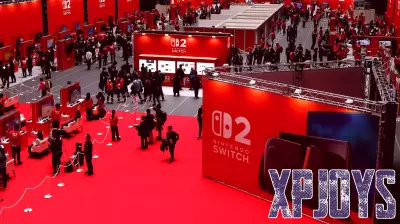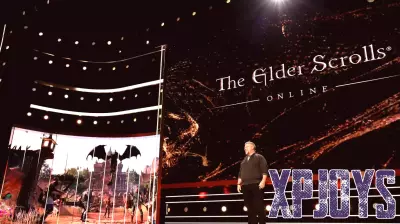February 2, 2025 - 05:19
The influence of science fiction literature on the gaming industry is profound and far-reaching. One of the most notable examples is the Revelation Space series, which has left an indelible mark on several popular video games including Mass Effect, Stellaris, and Destiny. These games draw upon the rich world-building, complex characters, and intricate plots that are hallmarks of the series, showcasing how literature can inspire interactive storytelling.
In Mass Effect, players navigate a universe filled with morally ambiguous choices and diverse alien civilizations, echoing themes found in the Revelation Space saga. Similarly, Stellaris offers players a chance to explore and expand their empires, reflecting the vastness and complexity of space as depicted in the novels. Meanwhile, Destiny incorporates elements of mythology and epic battles, resonating with the narrative depth that sci-fi literature often explores.
As the line between literature and gaming continues to blur, it becomes increasingly clear that the imaginative worlds created by authors are instrumental in shaping the experiences of gamers worldwide. This synergy between novels and video games not only enriches storytelling but also enhances the immersive nature of gameplay, inviting players to engage with the narratives on multiple levels.



